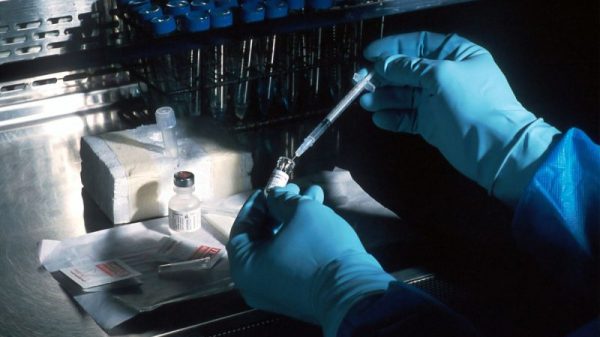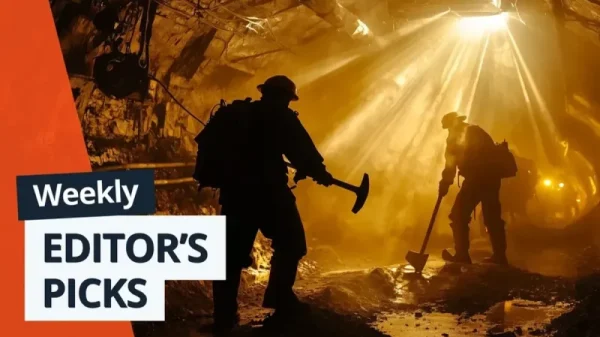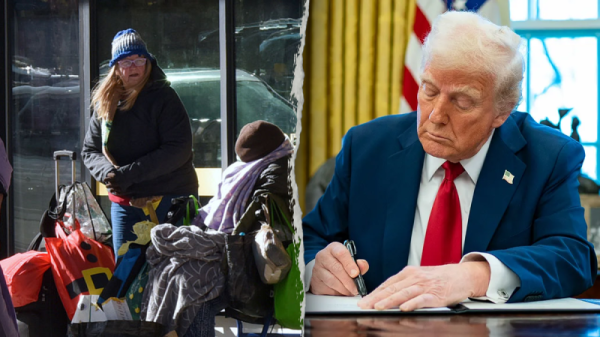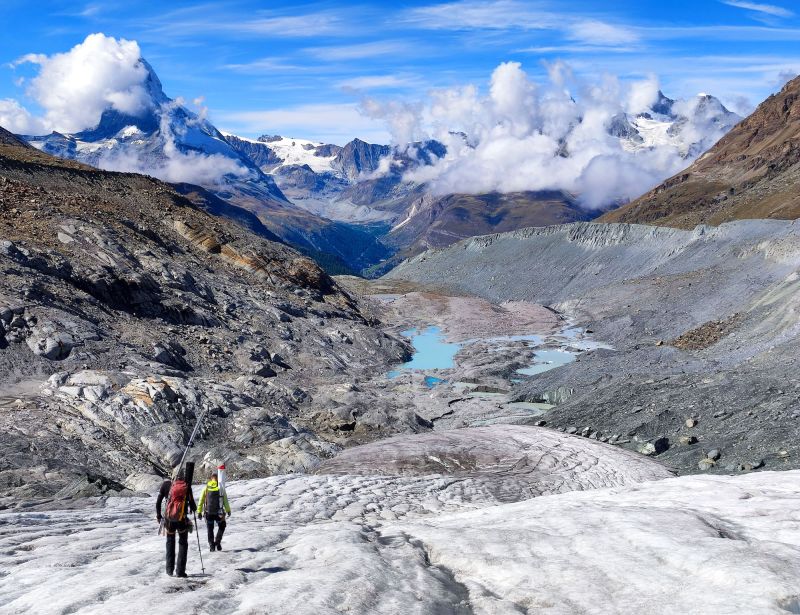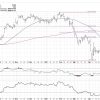Glaciers in Switzerland are shrinking at a “mind-blowing” rate. A total of 10% of their ice volume has disappeared over a period of just two years as a combination of low snowfall and soaring temperatures cause unprecedented melting, according to figures released Thursday.
In 2023, the country’s glaciers lost 4% of their total volume, according to data from the Swiss Commission for Cryosphere Observation of the Swiss Academy of Sciences. This level melting is second only to the record set in 2022, when 6% of glaciers were destroyed.
To put this into perspective, Swiss glaciers have lost as much ice over this two–year period as was lost over the three decades between 1960 and 1990.
“The losses we’ve seen in 2022 and 2023 are simply mind-blowing and beyond everything we have experienced so far,” said Matthias Huss, head of the Swiss Glacier Monitoring Network (GLAMOS), an organization that collects and evaluates glacier data and works with the Swiss Academy of Sciences.
The two extreme years have led to glacier tongues collapsing and many small glaciers in the country disappearing altogether. The St. Annafirn glacier, for example, in the Uri canton in central Switzerland, has shrunk so much that GLAMOS has stopped monitoring it.
Ice loss was even recorded at high altitudes, which usually don’t see such declines. Several meters of ice disappeared in southern Valais and the Engadin valley at altitudes of more than 3,200 meters (10,500 feet), according to GLAMOS.
The losses, which affect glaciers across the country, have come after a winter with very low snow. Snow levels in the second half of February reached a record low, at around 30% of the long-term average.
This was followed by a summer of high temperatures. A very hot and dry June meant snow melted two to four weeks earlier than usual, according to GLAMOS.
In August, a weather balloon launched by the national meteorological service, MétéoSuisse, had to climb 5,298 meters (17,382 feet) before the temperature fell to 0 degrees Celsius (32 Fahrenheit) – marking the highest “zero degree” line since records began.
High temperatures, which continued into September, meant that summer snowfalls melted quickly.
The huge glacier melt of the last two years has stark implications. It “means a significant re-shaping of the high-alpine landscape,” Huss said.
It is creating dangerous conditions with unstable rock threatening dangerous rockslides.
Receding glaciers are also leading to grim discoveries. In July, the remains of a German mountain climber who went missing 37 years ago while hiking along a glacier near Switzerland’s famous Matterhorn were recovered.
There are temporary advantages as the water runoff from the glaciers has helped relieve the severity of the drought the country has experienced and fill hydropower reservoirs, said Huss.
“However, this benefit is transient and short-lived,” he added. As they shrink, glaciers are rapidly losing their important role to contribute water when people need it. “This will aggravate water scarcity during heat waves in the near future,” Huss said.
The long-term picture for Switzerland’s glaciers is alarming. “Glaciers in the Alps will continue to massively shrink and retreat to the highest mountain peaks,” said Huss.
In June, Swiss voters agreed a new law to significantly reduce levels of planet-heating pollution, the impetus for which came from climate groups demanding an end to fossil fuels in order to save the glaciers.
But time is running out as climate change accelerates. Recent research found that even if ambitious climate targets are met, up to half of the world’s glaciers could disappear by the end of the century.

